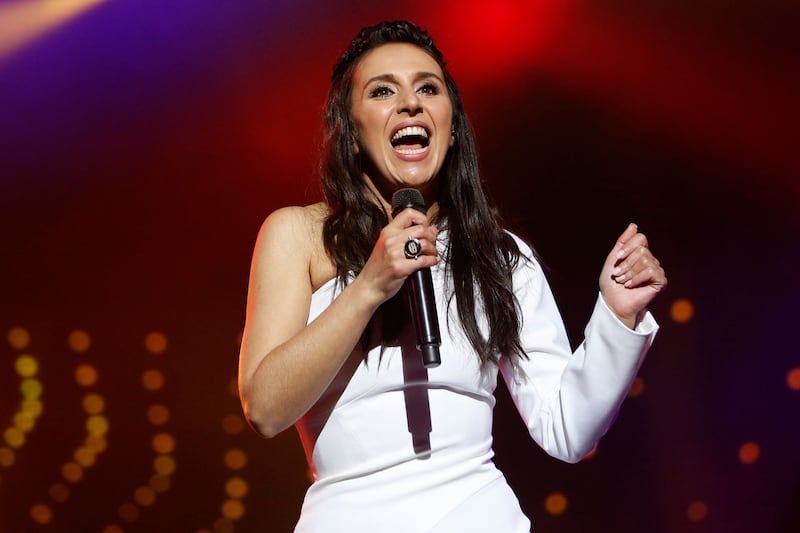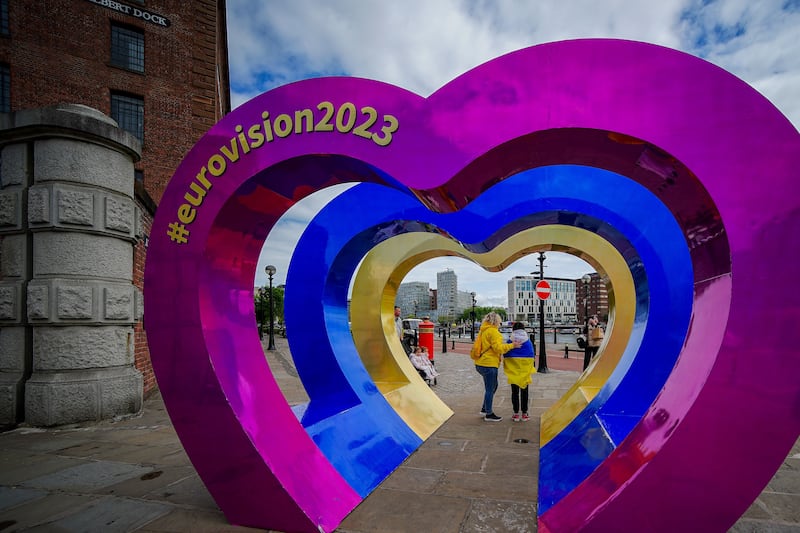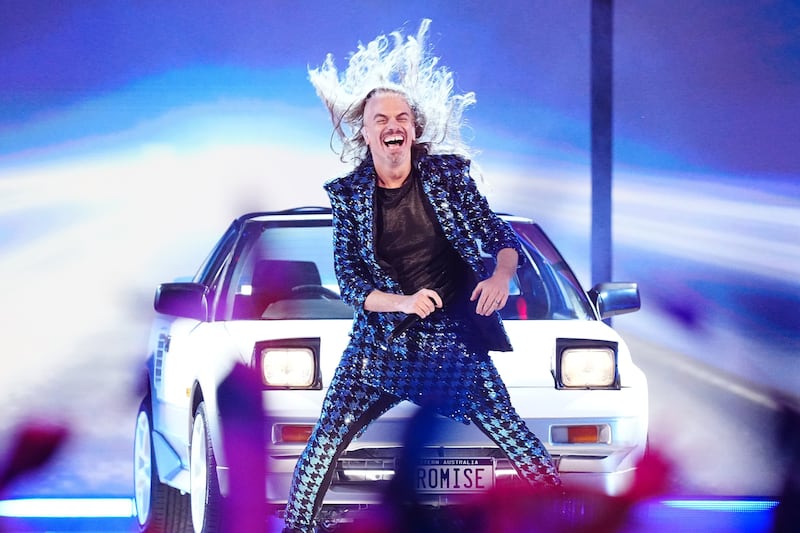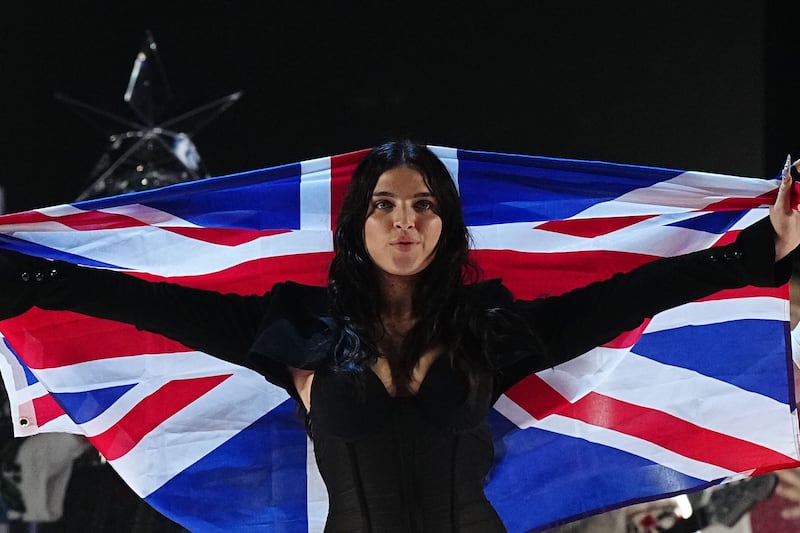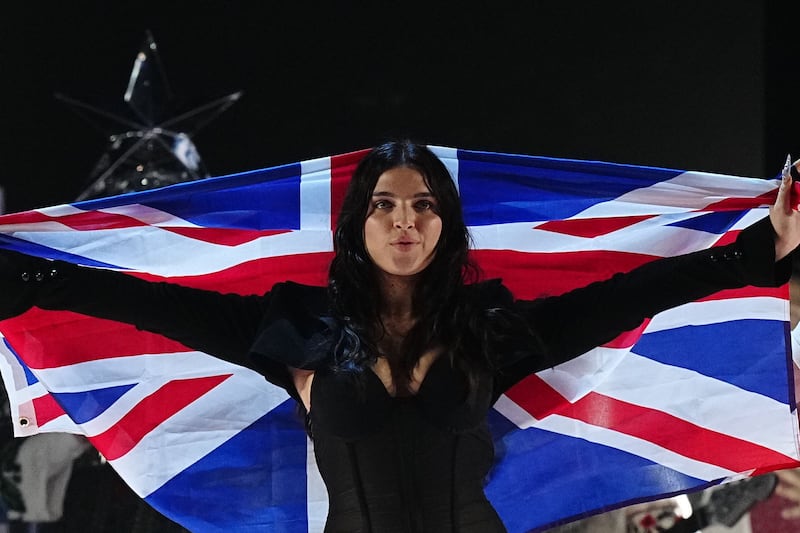QUEEN'S University Students' Union has cancelled a planned screening in its bar of the Eurovision Song Contest.
The final of the annual music competition is usually screened live in the union's Speakeasy Bar.
But organisers say their booking was cancelled at "late notice", leaving them unable to secure an alternative venue in time for Saturday's show.
The cancellation is believed to be linked to calls for a boycott of Eurovision due to the show being held this year in Israel.
RTÉ and the BBC have faced calls from musicians and human rights campaigners to avoid the contest in protest over Israel's treatment of Palestinians.
Read More: Eurovision job ‘unlike anything else I do’, says Graham Norton
Both broadcasters have defended their participation, saying that Eurovision is a non-political event.
Taboo, which specialises in hosting LGBT events, usually hosts a free Eurovision final screening party in the Speakeasy.
The events promoter said "that was the intention this year" but the booking "was unfortunately cancelled".
"Despite our best efforts, due to the late notice of the cancellation we have not been able to find a suitable alternative venue and are of course disappointed on behalf of the hundreds of loyal Eurovision fans who attend that we aren't able to do the event this time around," the promoter said.
They said the booking was cancelled last week and they "believe it centres around the location of the final", advising to contact the SU marketing team for comment.
Robert Murtagh, SU activities officer, said: "Unfortunately our marketing team and our director are out all day, so we won't be able to get a statement to you today."
However, SU marketing manager Sheelagh Walton later responded saying they "will not be providing a comment".
The first semi-final of Eurovision airs tonight at 8pm on RTÉ Two and BBC Four.
The second semi-final, in which Ireland's entry Sarah McTernan competes, will be held on Thursday.
The UK, represented by Michael Rice, has an automatic place in Saturday's final because it is among the so-called 'big five' that give the most funding to the contest.



